After Sembene
![]()
![]()
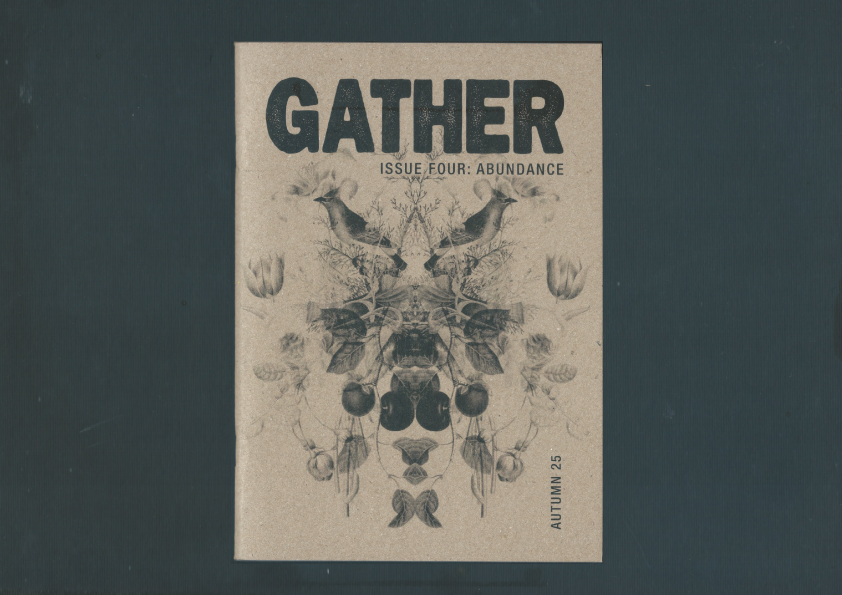
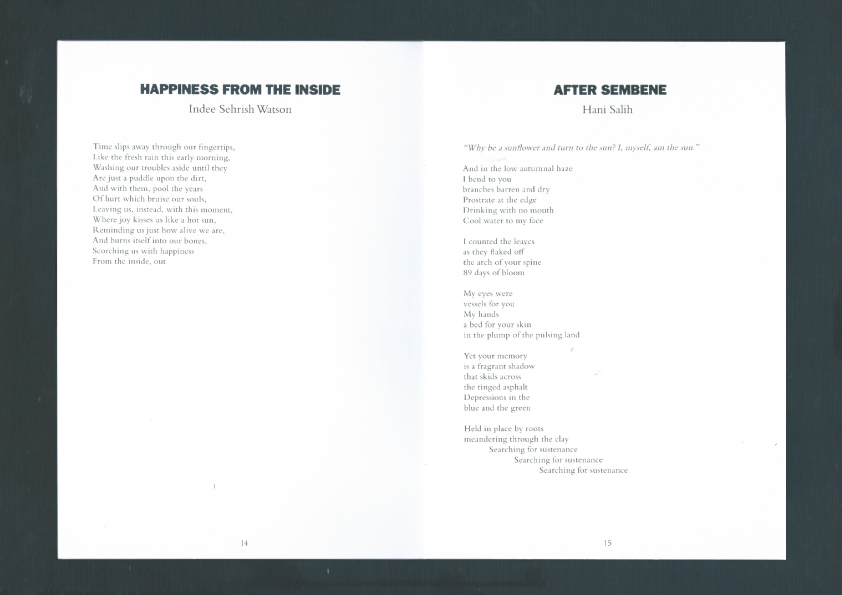
The 1619 Project
![]()
![]()
![]()
![]()
![]()
![]()
![]()
![]()
![]()
![]()
![]()
![]()

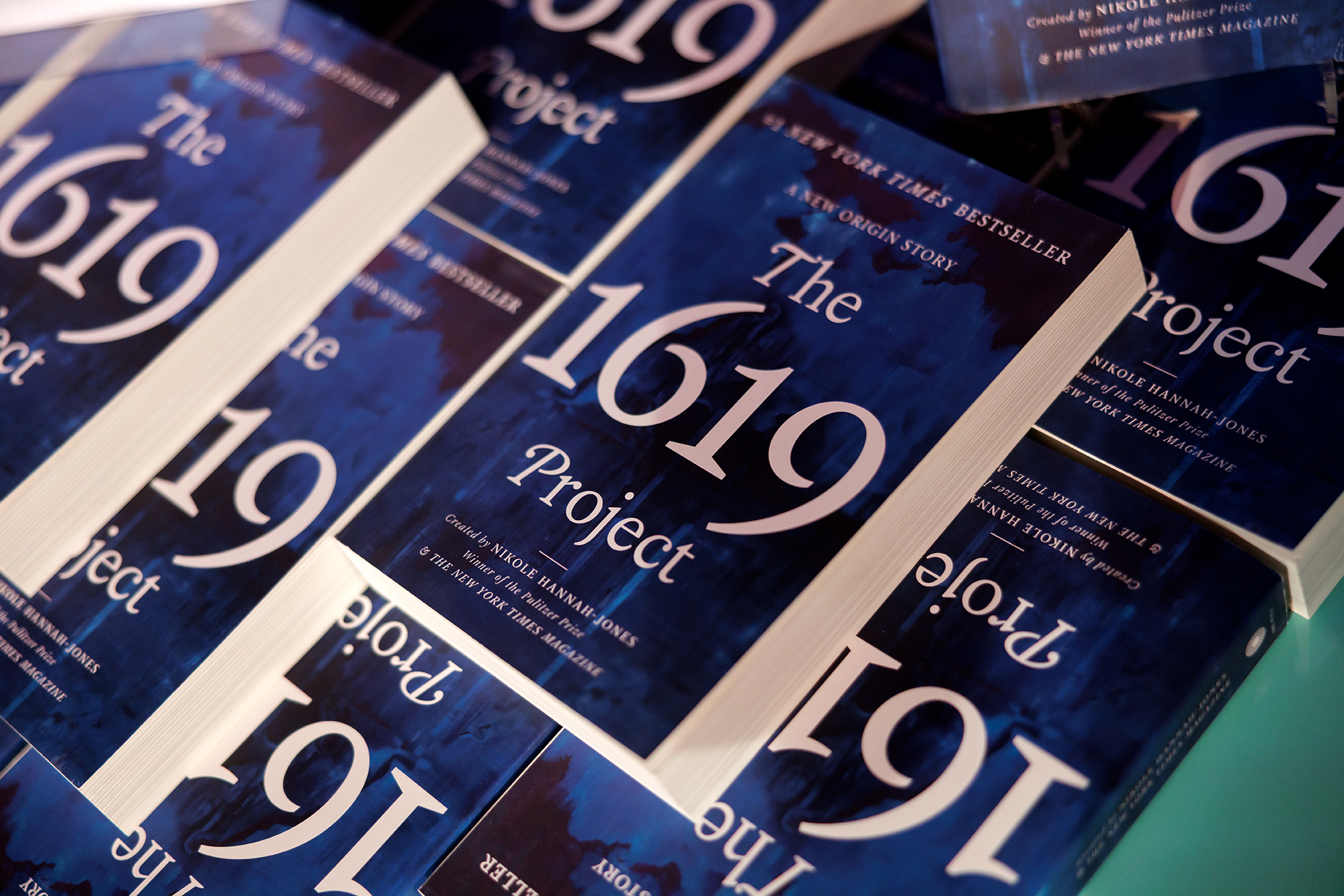

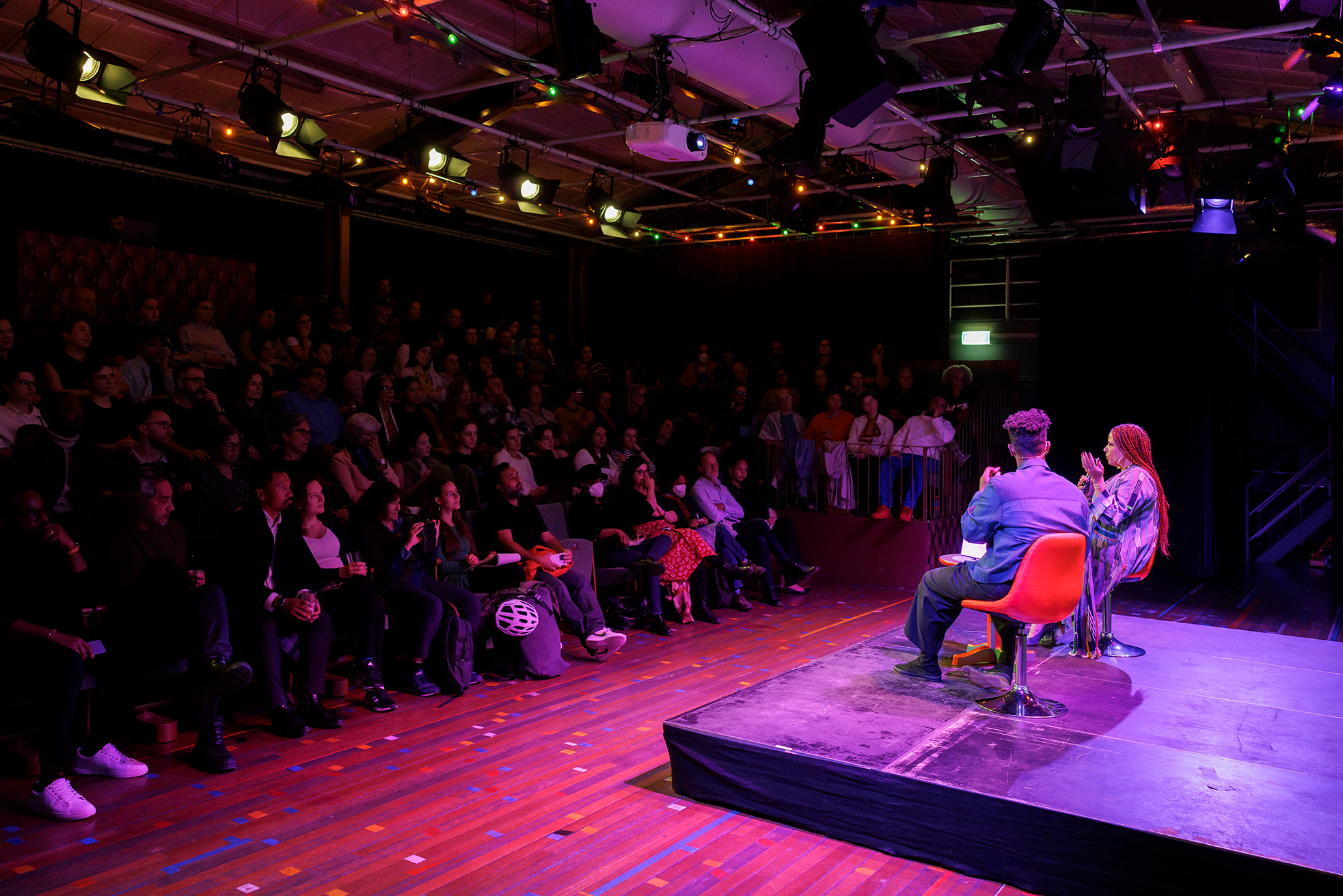
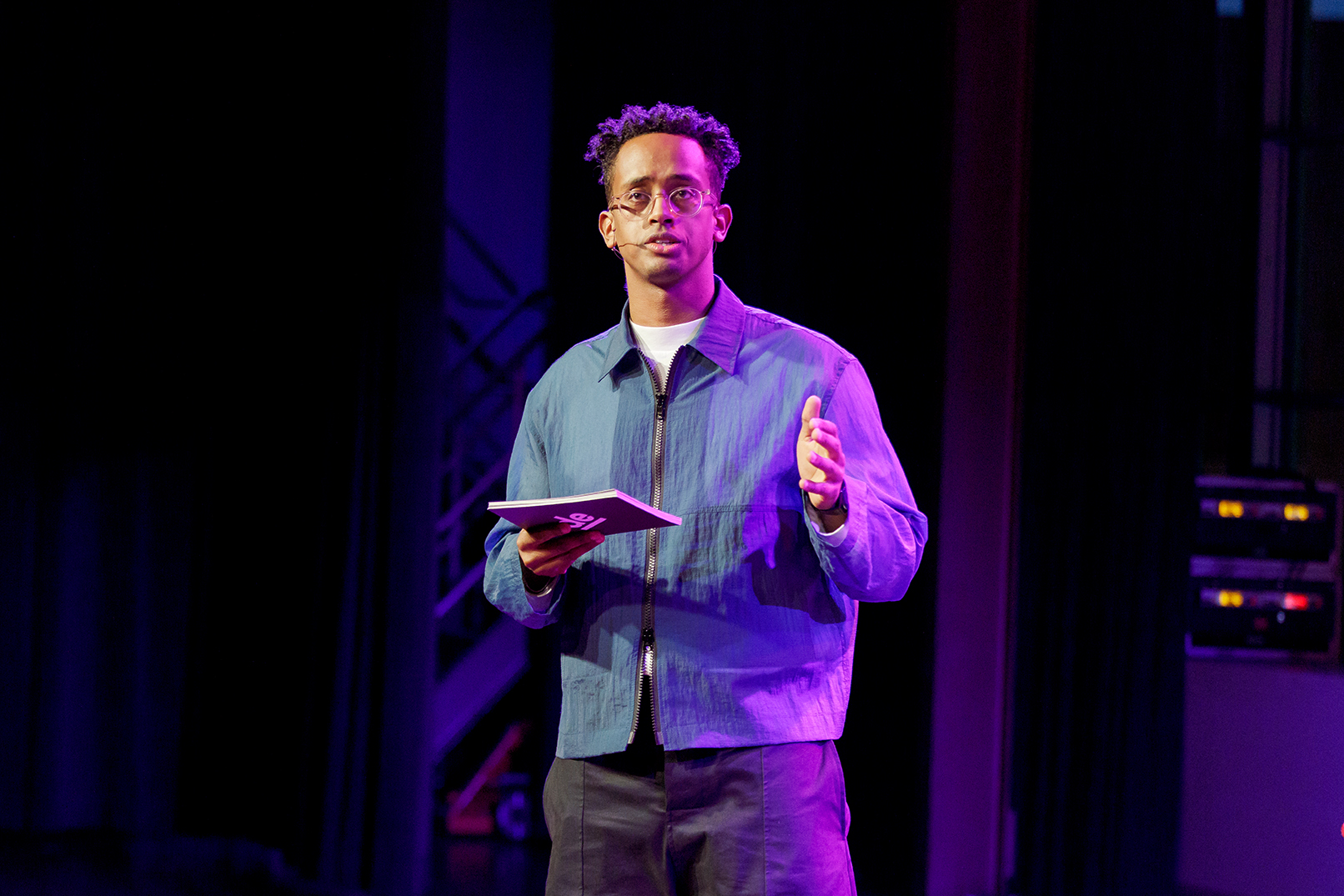
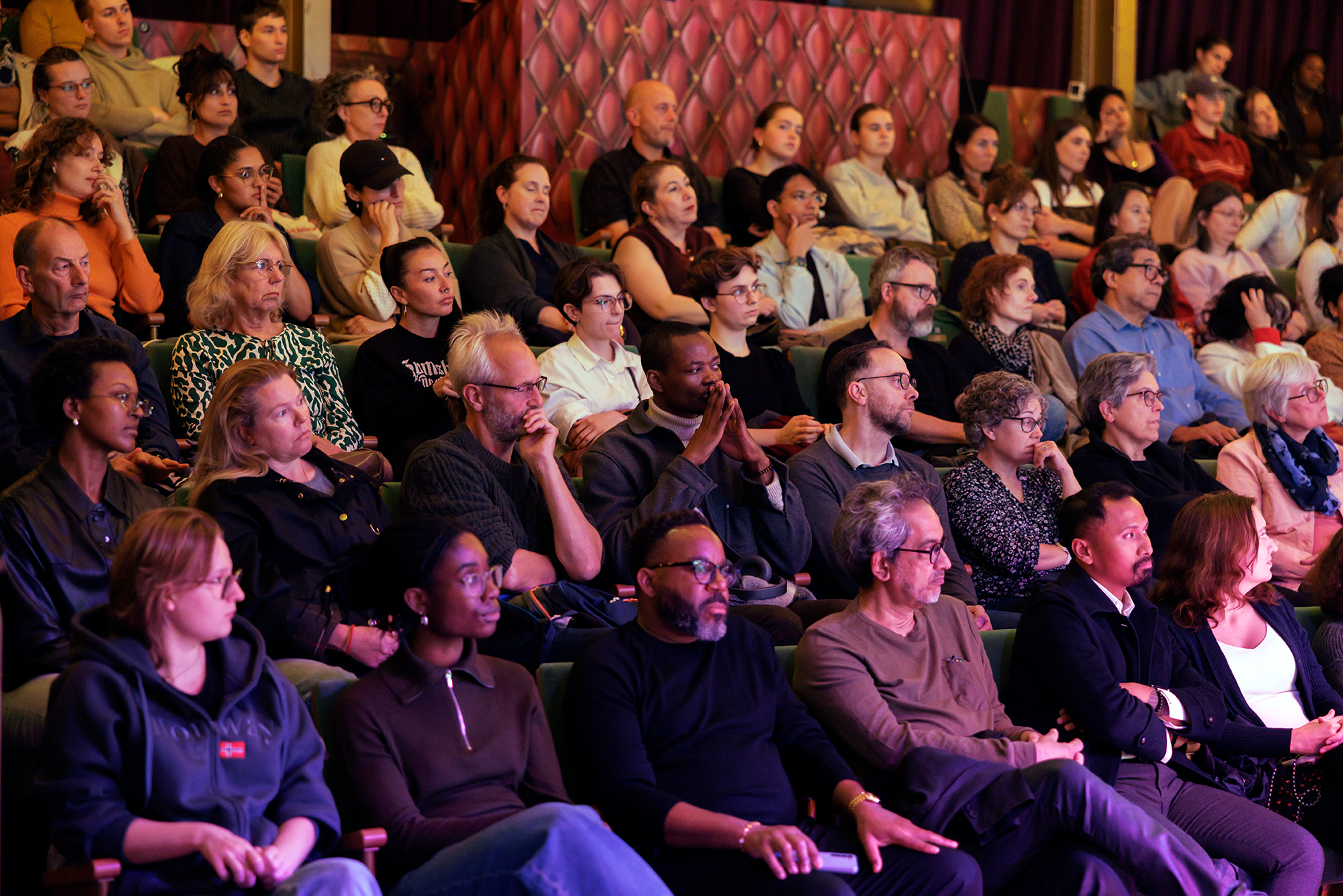
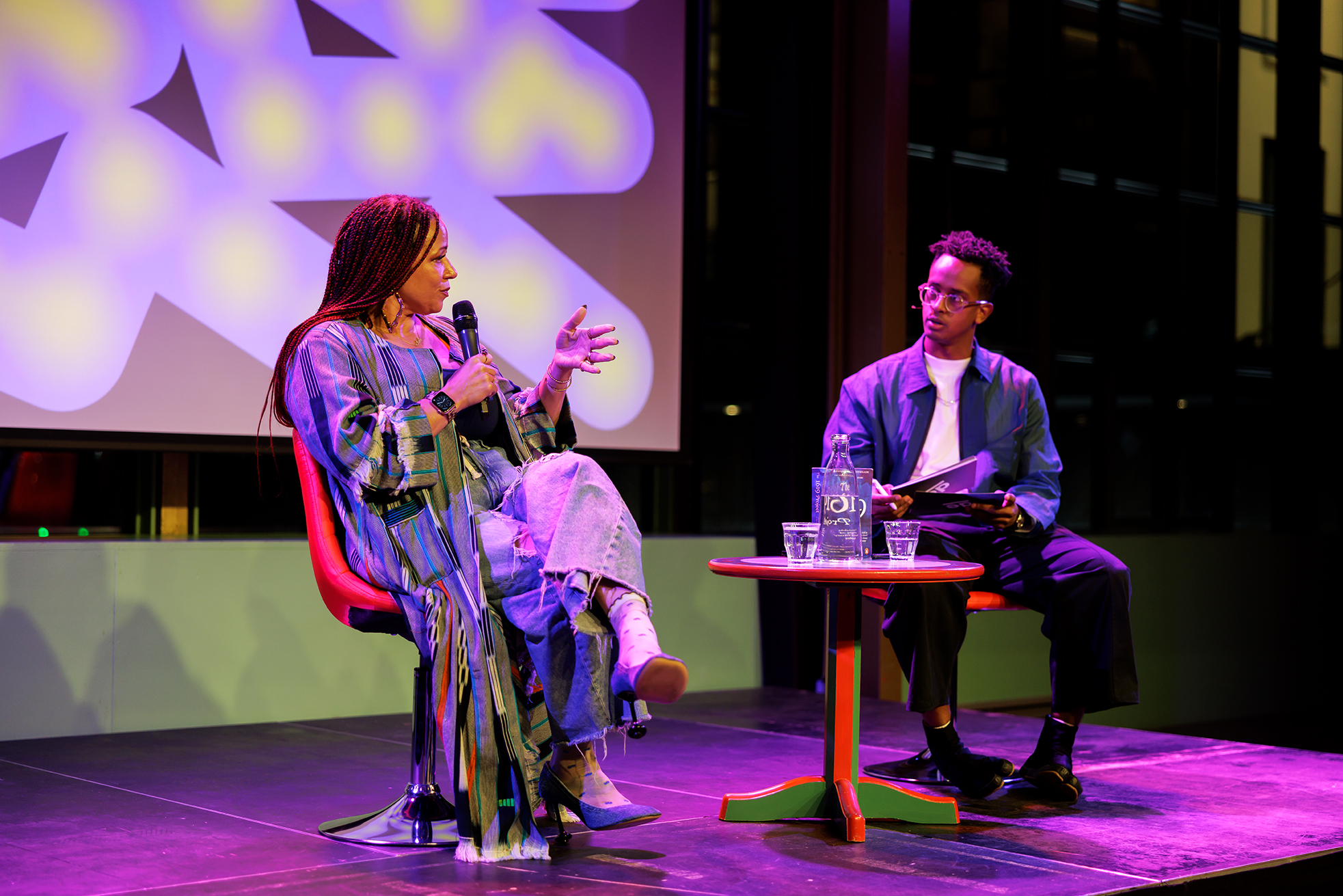
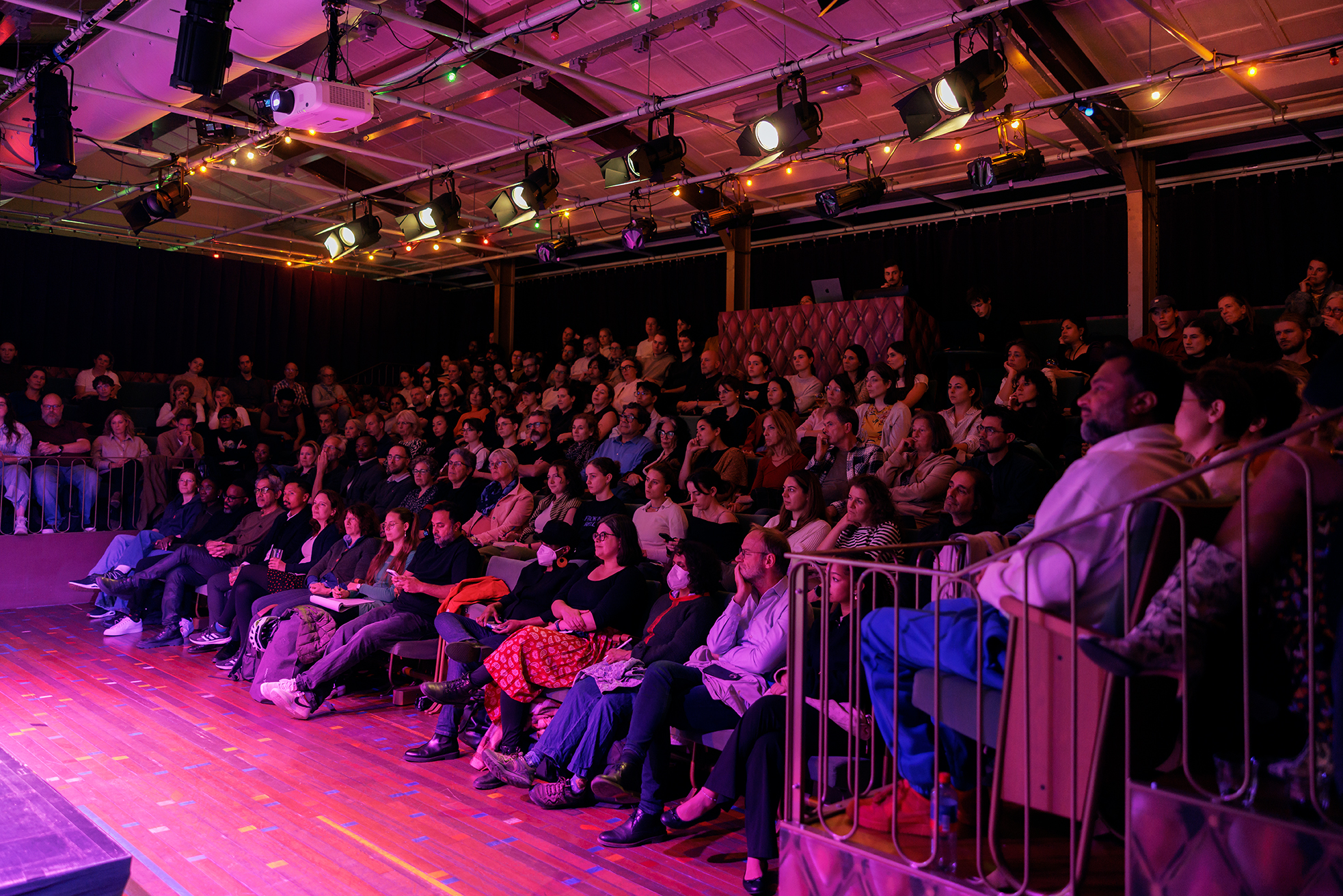
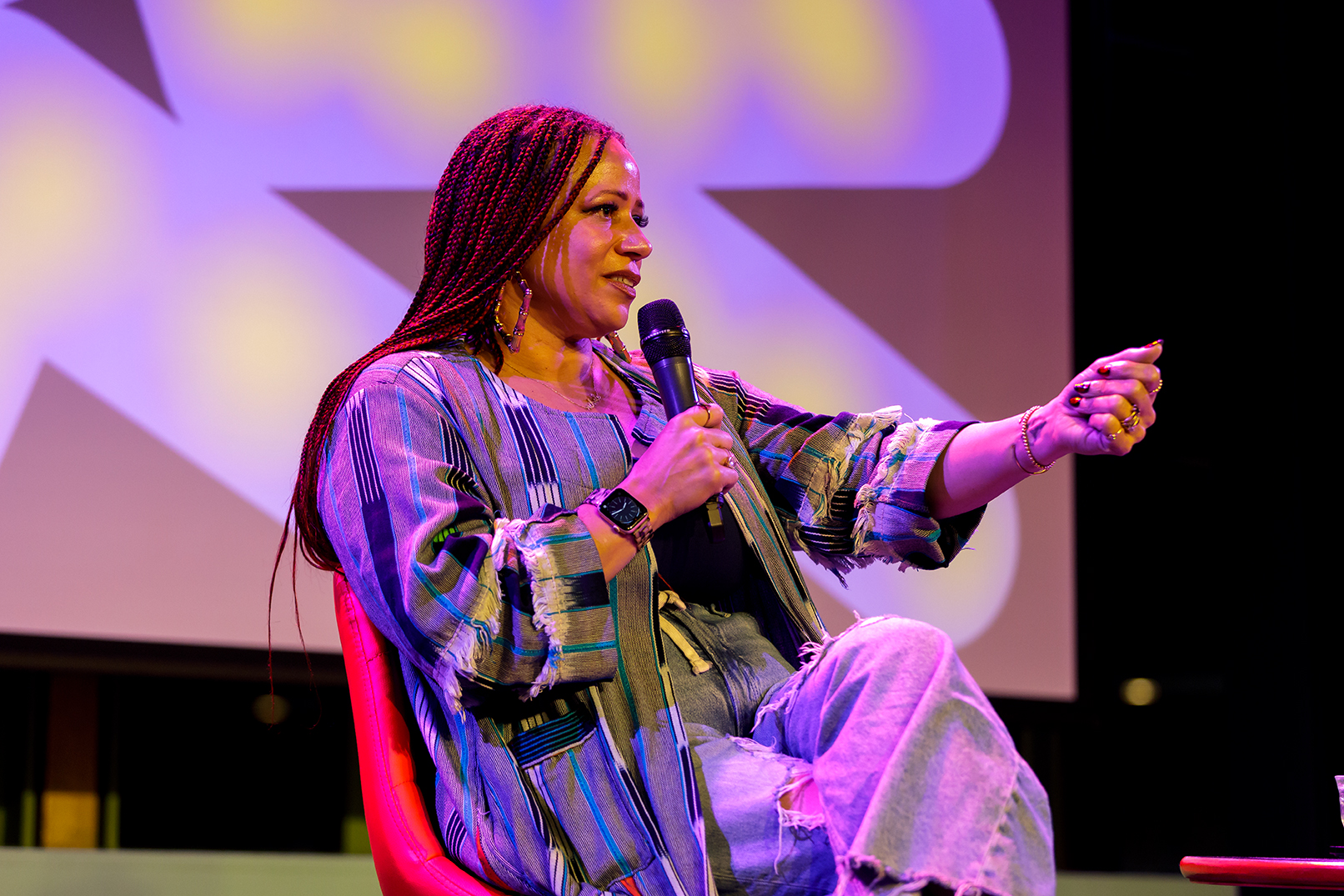



AAD HOOGENDOORN ︎
The cracks are beginning to show in the structures that make up democracies all over the world. Steadfast democratic institutions are being undermined or wholly transformed. Shifting into a strange mercurial politics. A politics rooted in historical revisionism and the death of objectivity.
At the heart of this cultural battleground is a matter of historical revisionism, the rewriting of history. These are not just conversations about “how things were”, but instead, they are much more insidious. They are attempts at rewriting a national psyche.
Following on from her critically acclaimed book, The 1619 Project, Nikole Hannah-Jones joined us to offer a powerful lens on America’s current struggles around ideas of history, collective national identity and the politics of memory.
A collaboration between Dutch platform DeDependance and The John Adams Institute we invited Pulitzer Prize winning Journalist Nikole Hannah-Jones to talk about her book The 1619 Project.
For this event, I curated and moderated the discussion in collaboration with DeDependance.
PRAISE FOR THE 1619 PROJECT
For this event, I curated and moderated the discussion in collaboration with DeDependance.
PRAISE FOR THE 1619 PROJECT
‘A wide-ranging, landmark summary of the Black experience in America: searing, rich in unfamiliar detail, exploring every aspect of slavery and its continuing legacy...Again and again, The 1619 Project brings the past into life in fresh ways...Multifaceted and often brilliant’ – The New York Times Book Review
‘A remarkable reframing of American history in which slavery and the Black experience are at the heart of the narrative’
– The Guardian
‘A remarkable reframing of American history in which slavery and the Black experience are at the heart of the narrative’
– The Guardian
Design Researchers in Residence 2024/25: Artificial
![]()
![]()
![]()
![]()
![]()
![]()
![]()
![]()


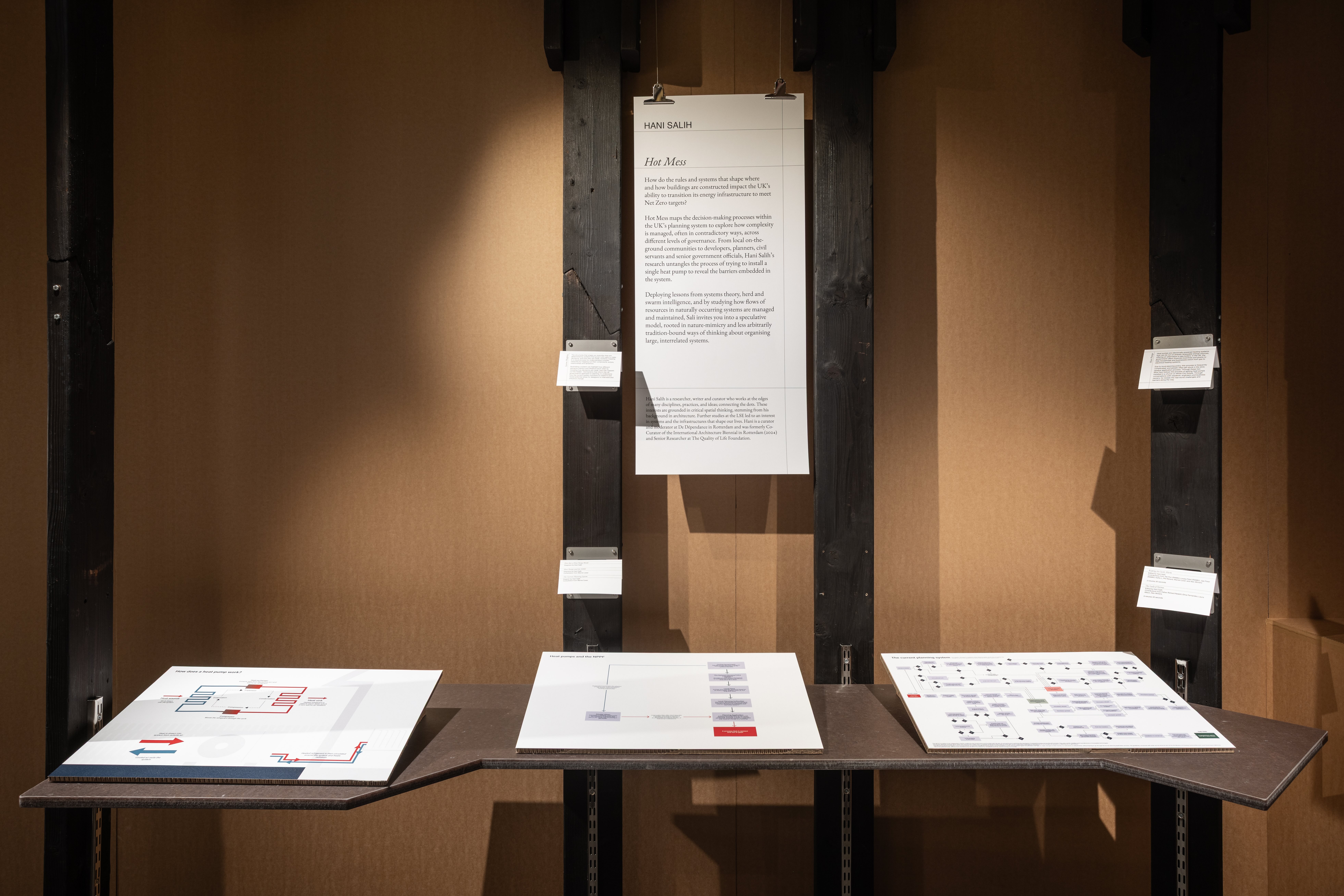

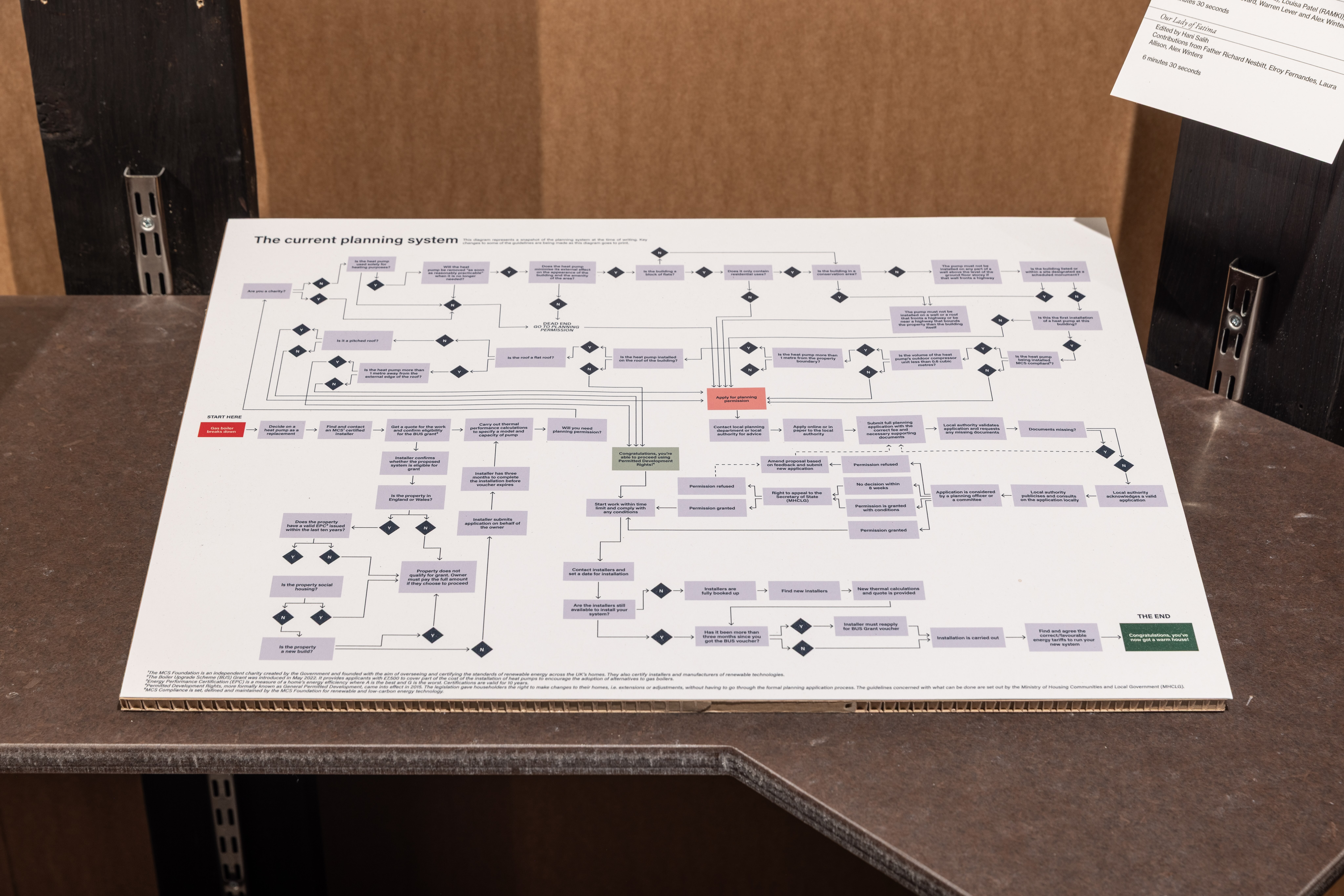

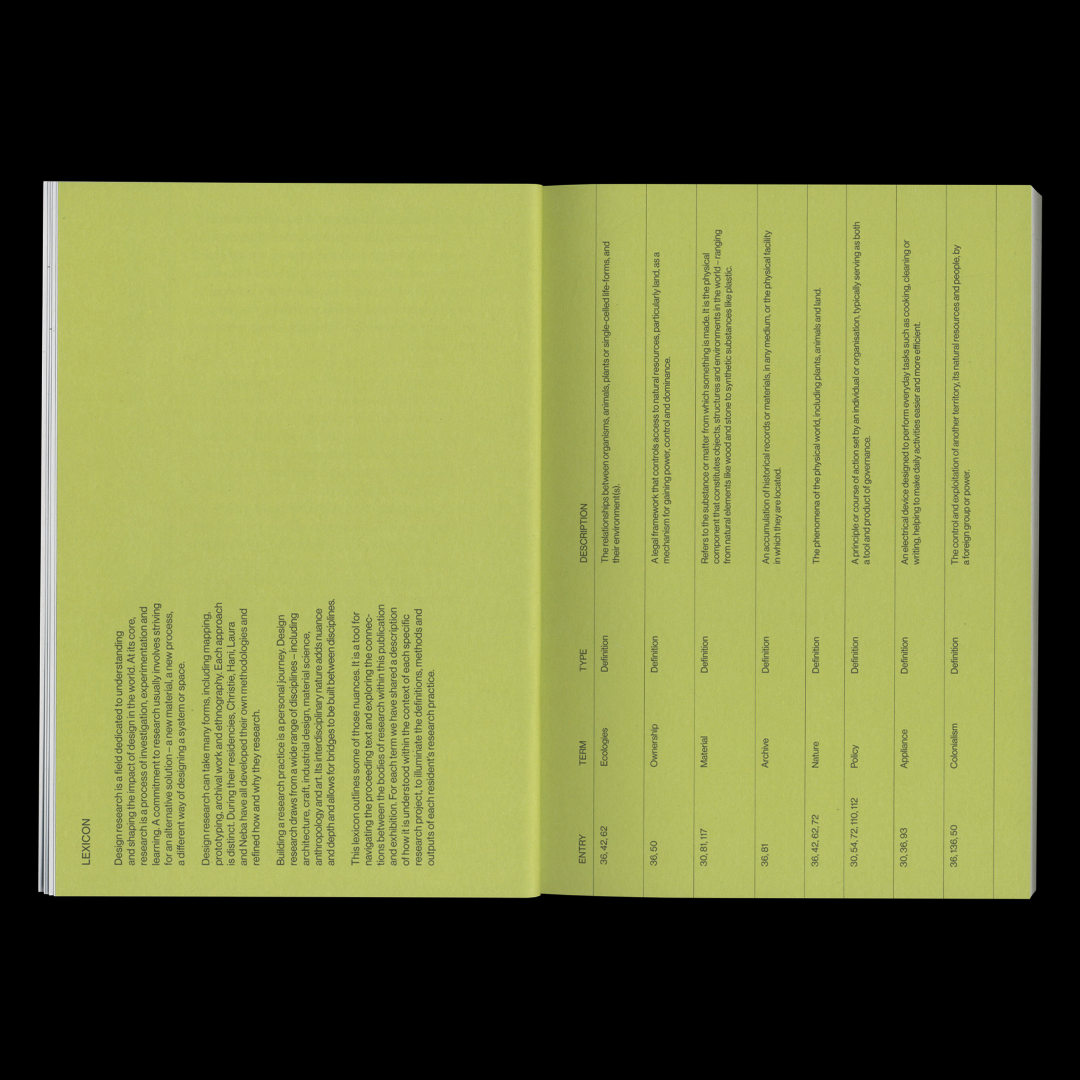
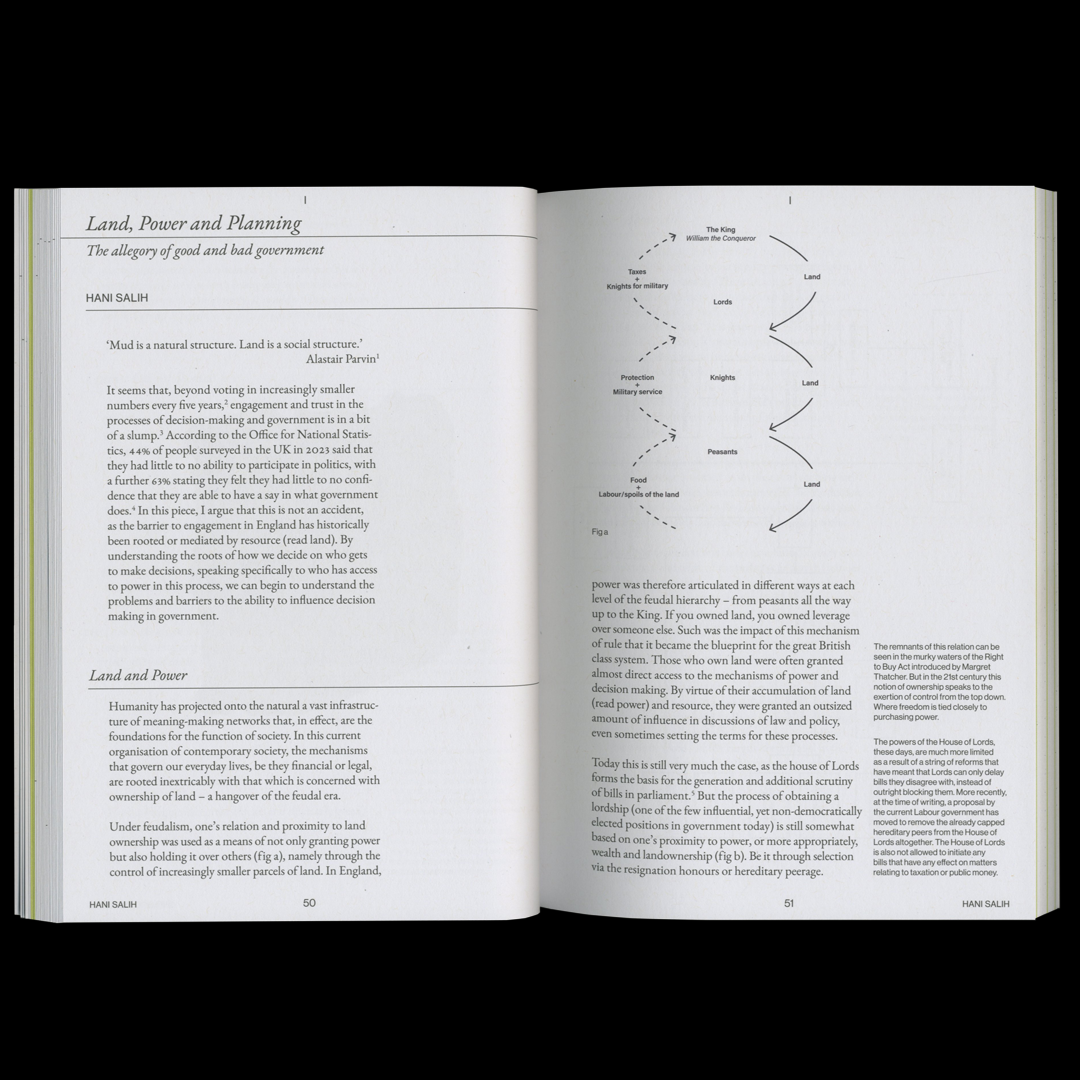
ROB HARRIS + EMILIE LOISELEUR ︎
The 2024/2025 Design Researchers in Residence set out to respond to the theme of ‘Artificial’, questioning the limits of human-centred design in a more-than-human climate crisis.
Situated in the the Design Museum’s Future Observatory, a research programme concerned with matters related to the green transition in partnership with the UKRI’s Arts & Humanities Research Council (AHRC), this year-long residency was particularly focussed on understanding the relationship between that which is ‘natural’ and that which is ‘human’.
Hot Mess looked to investigate the complexity and contradiction that is inextricable from the process of policy and decision-making in England. Using heat pumps as a case study, this project sought to map out the mechanisms of how policy is currently made, the current challenges in national and local planning policy and speculate an alternative way to make decisions that looks to learn from how nature deals with complexity and contradiction.
The process and outcomes of this research are on display at a free public exhbition at the Design Museum from 16th June to 21st September 2025.
The process and outcomes of this research are on display at a free public exhbition at the Design Museum from 16th June to 21st September 2025.
Vulture Capitalism
![]()
![]()
![]()
![]()
![]()
![]()
![]()
![]()
![]()
![]()
![]()
![]()
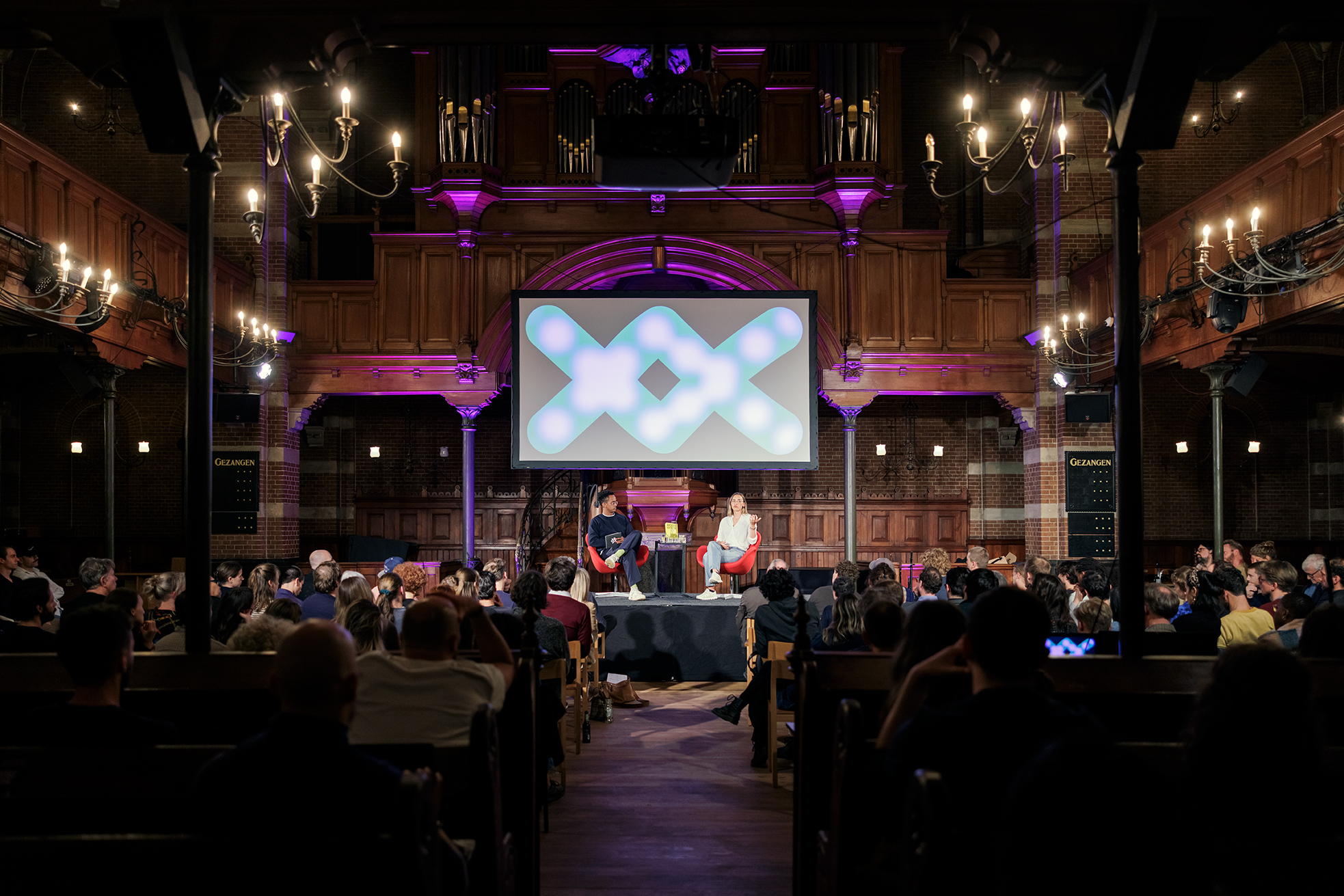





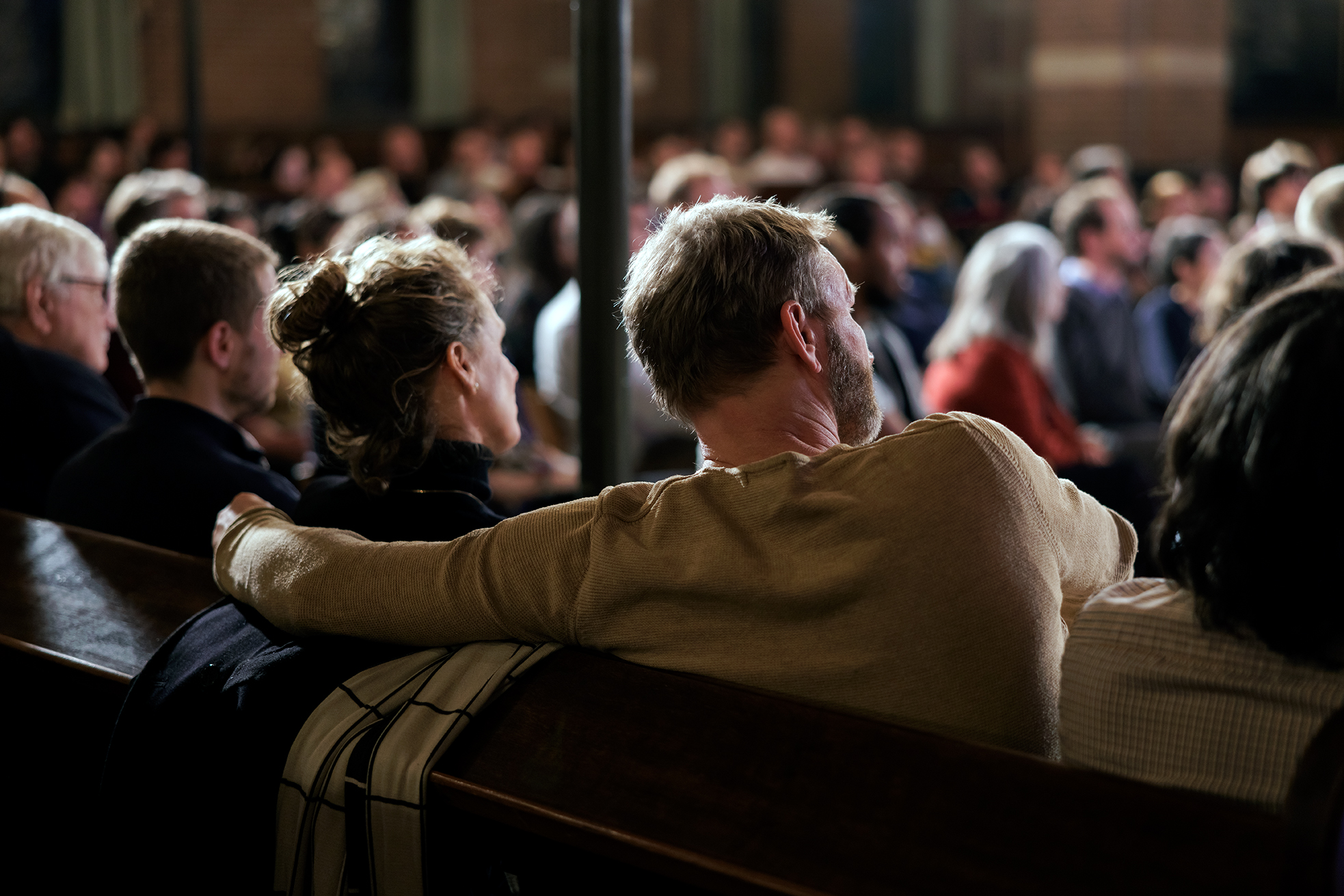
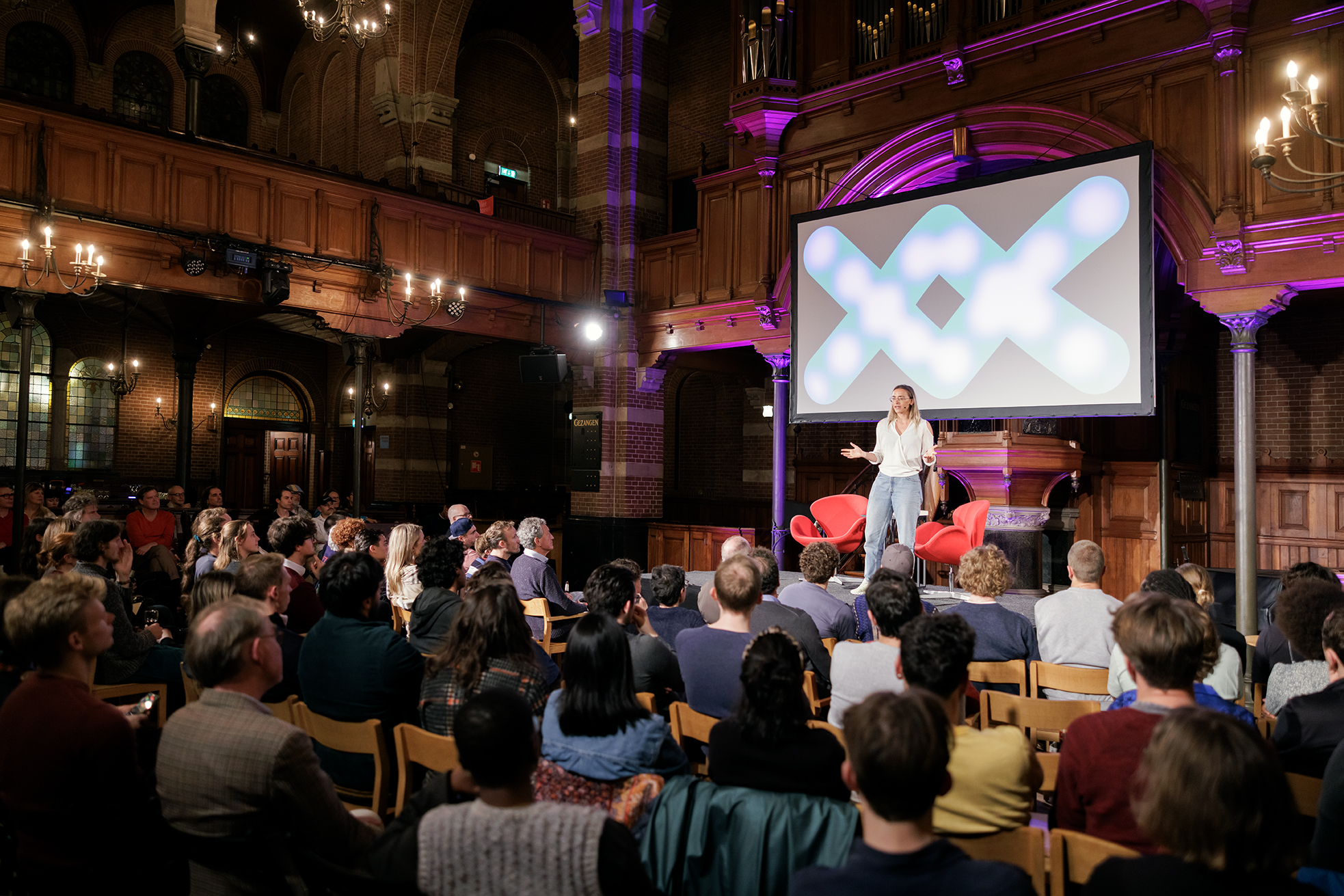
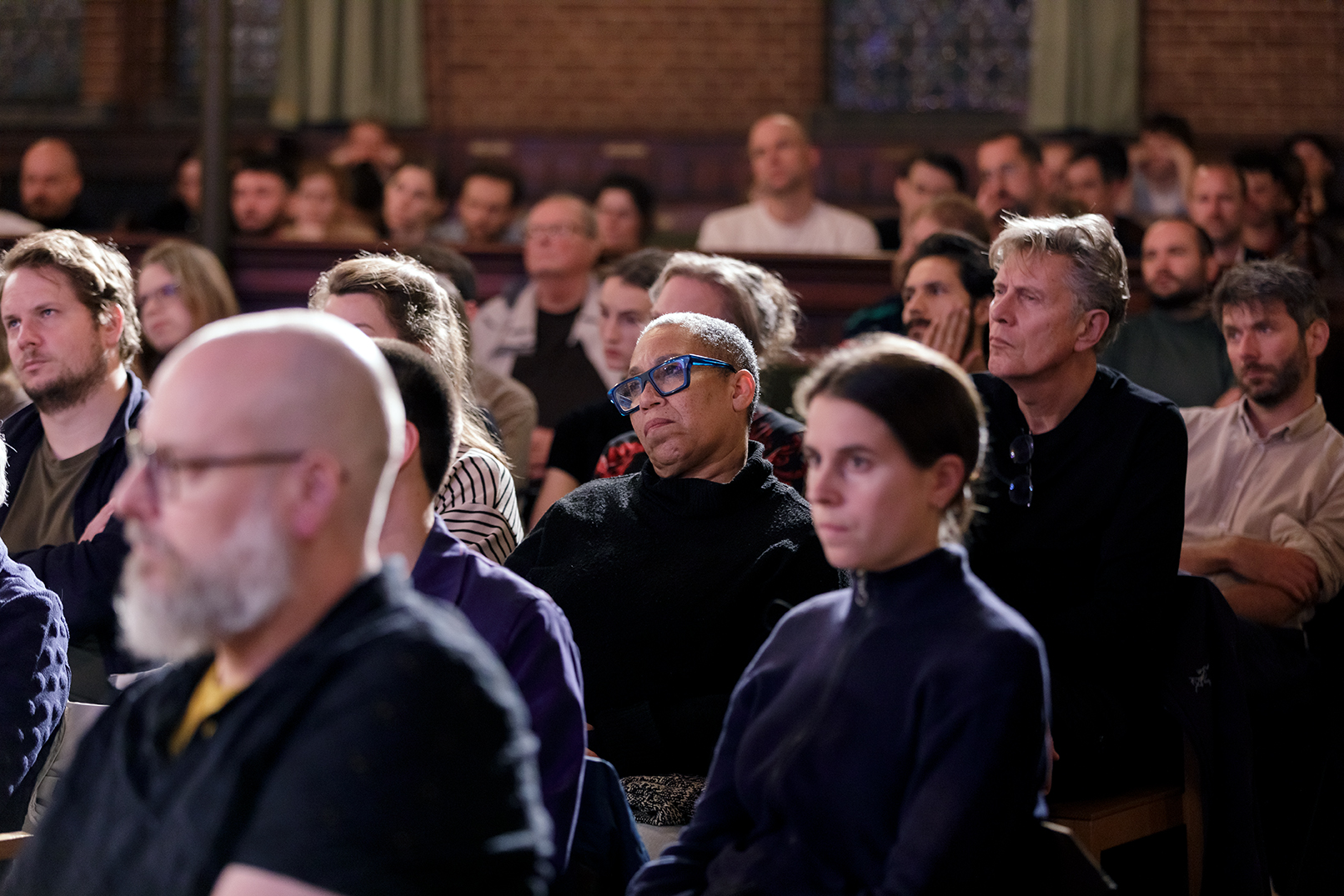
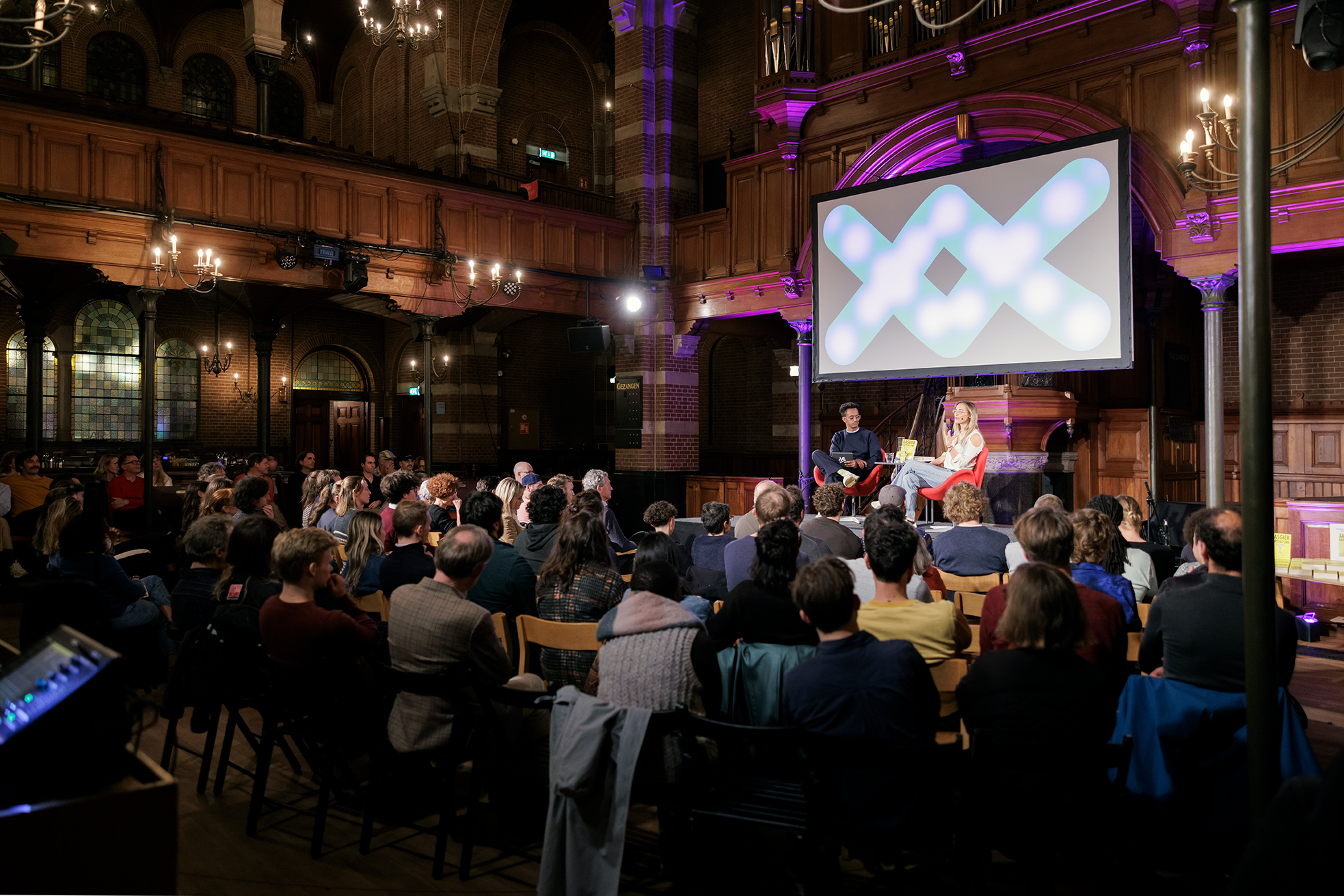
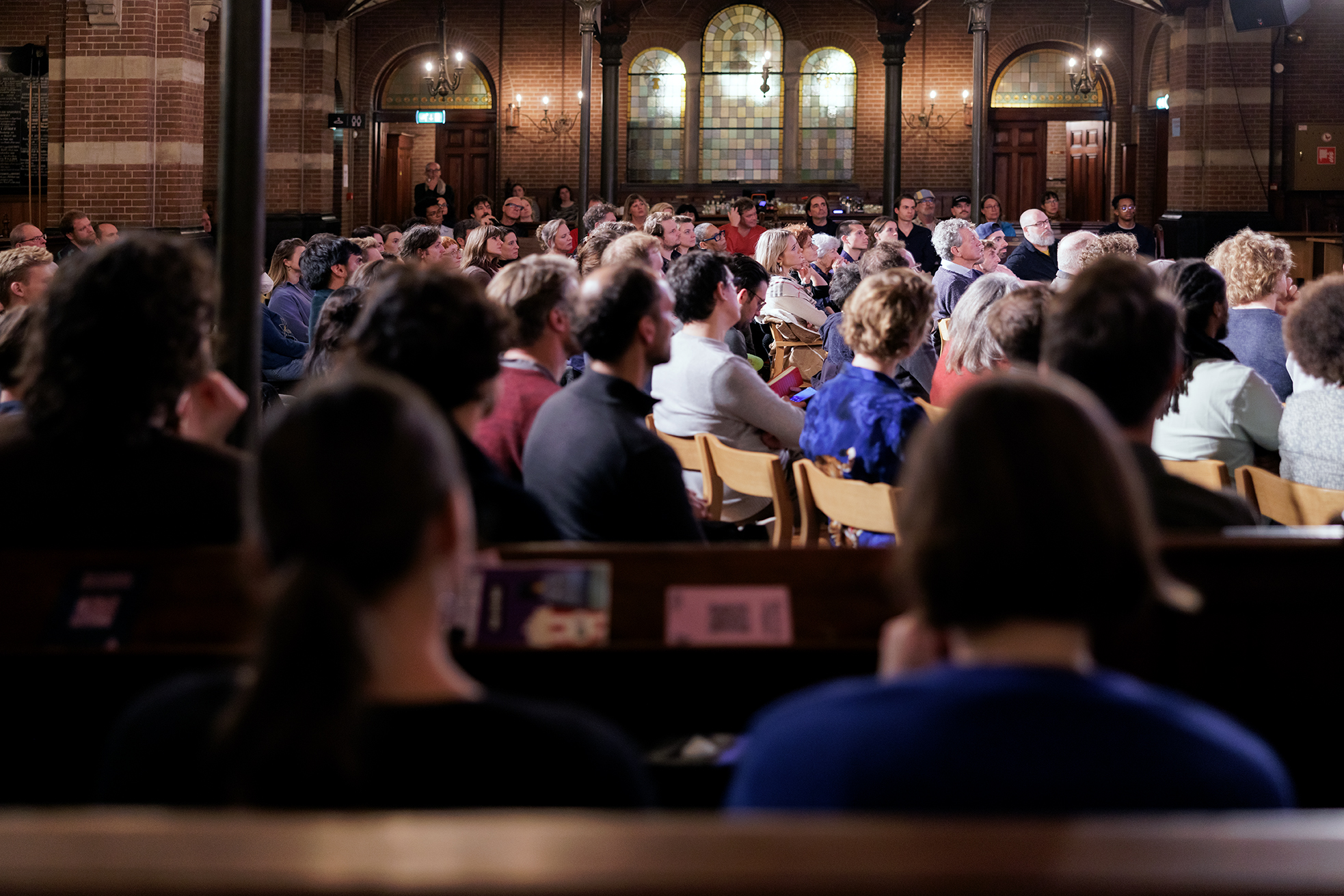

AAD HOOGENDOORN ︎
We are in an age of polycrisis, one that is characterised by a barrage of images of catastrophic environmental collapse, vast and mind-boggling wealth inequality, brutal and unrelenting genocidal campaigns and so much more. These images, projected to us through screens daily, have become the background noise to which we move through our daily lives. Stopping every now and then to consume, protest, or take a break on a sunny beach somewhere in search of a respite. When we think about this contemporary period we find ourselves in, critics often lay the blame squarely at the feet of modern capitalism.
But such critique often does not actively interrogate the idea of how our era has come to be defined by such catastrophic conditions. And though there isn’t such a thing as a single cause or solution to problems in an increasingly complex and interconnected world, a critical analysis of the methods and armature of modern capitalism demonstrates a harrowing realisation that this all par for the course, rather than the hijacking of an inherently benevolent system.
In her new book Vulture Capitalism: Corporate Crimes, Backdoor Bailouts and the Death of Freedom Blakeley takes on the world’s most powerful corporations by showing how the causes of our modern crises are the intended result of our capitalist system. It’s not broken, it’s working exactly as planned.
Part of an ongoing collaboration with Dutch platform DeDependance, we invited Grace Blakeley to speak about her book Vulture Capitalism: Corporate Crimes, Backdoor Bailouts and the Death of Freedom.
For this event, I curated and moderated the discussion in collaboration with DeDependance.
PRAISE FOR VULTURE CAPITALISM
For this event, I curated and moderated the discussion in collaboration with DeDependance.
PRAISE FOR VULTURE CAPITALISM
‘A galvanising takedown of neoliberalism’s “free market” logic, one rooted in as much history as it is in current events’ – NAOMI KLEIN
‘A must-read for anyone keen to put the demos back in democracy’
– YANIS VAROUFAKIS
‘Read this book if you want to make fundamental changes to the world’
– HA-JOON CHANG
‘A must-read for anyone keen to put the demos back in democracy’
– YANIS VAROUFAKIS
‘Read this book if you want to make fundamental changes to the world’
– HA-JOON CHANG
Nature of Hope
![]()
![]()
![]()
![]()
![]()
![]()
![]()
![]()
![]()
![]()
![]()
![]()
![]()
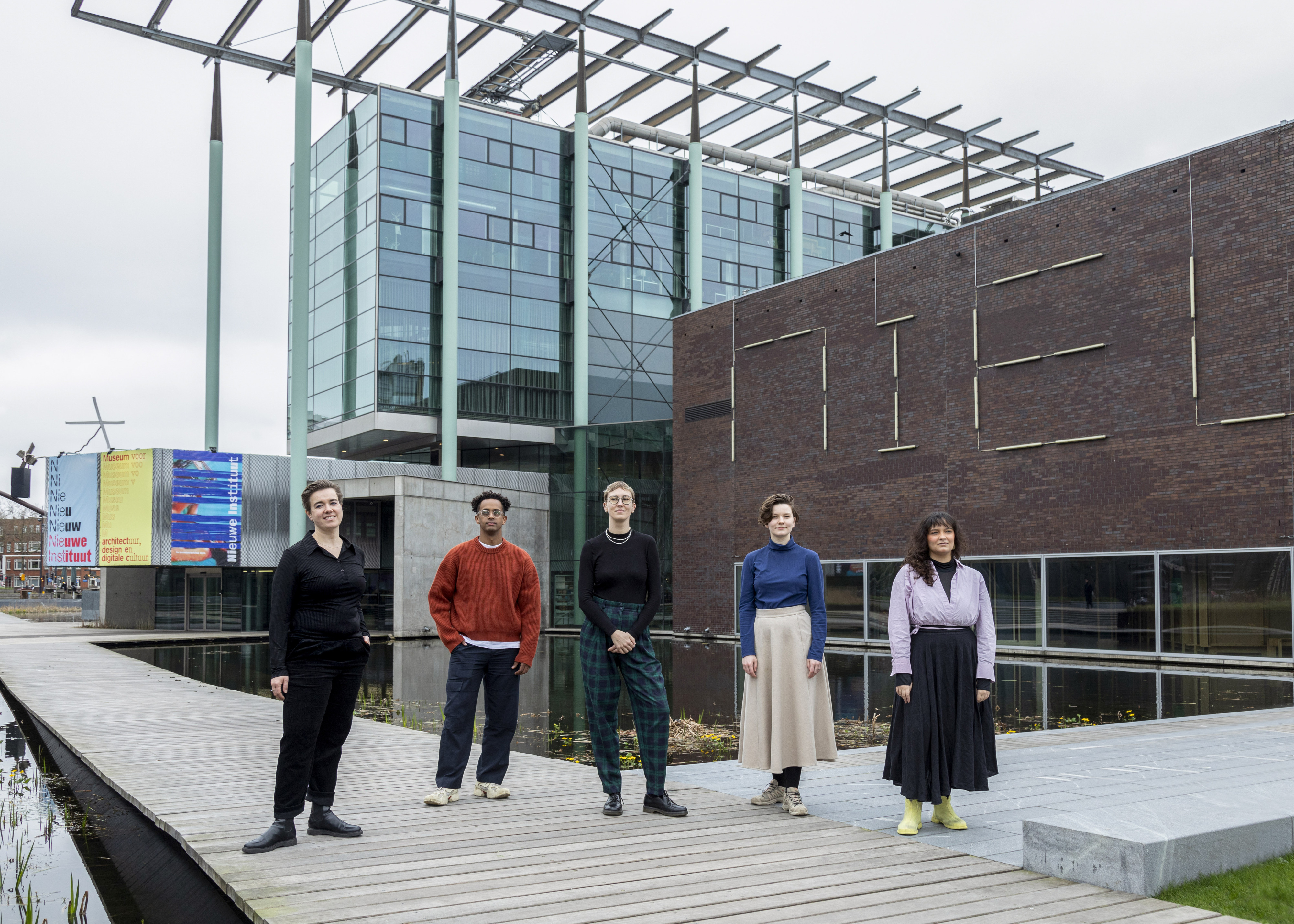




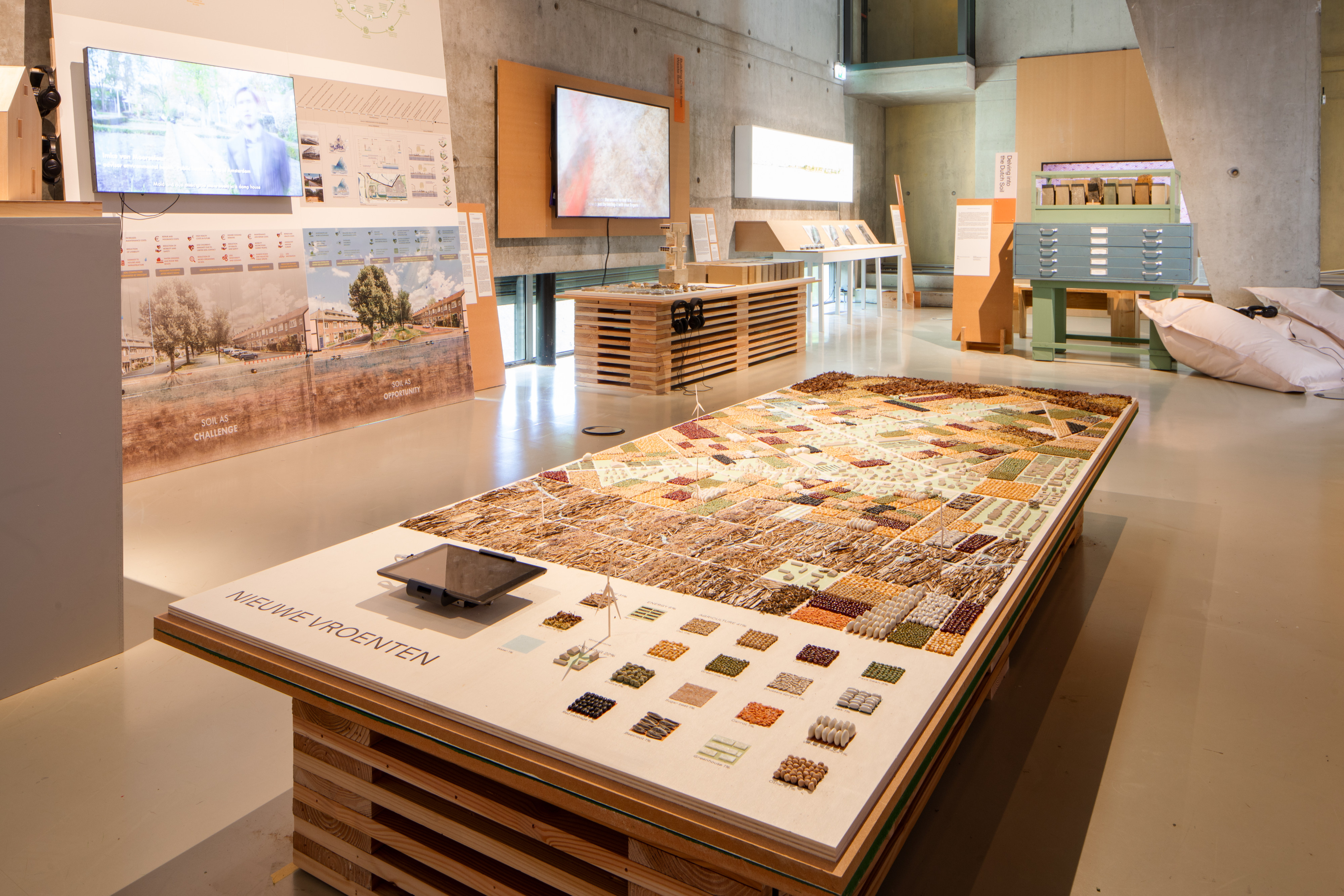

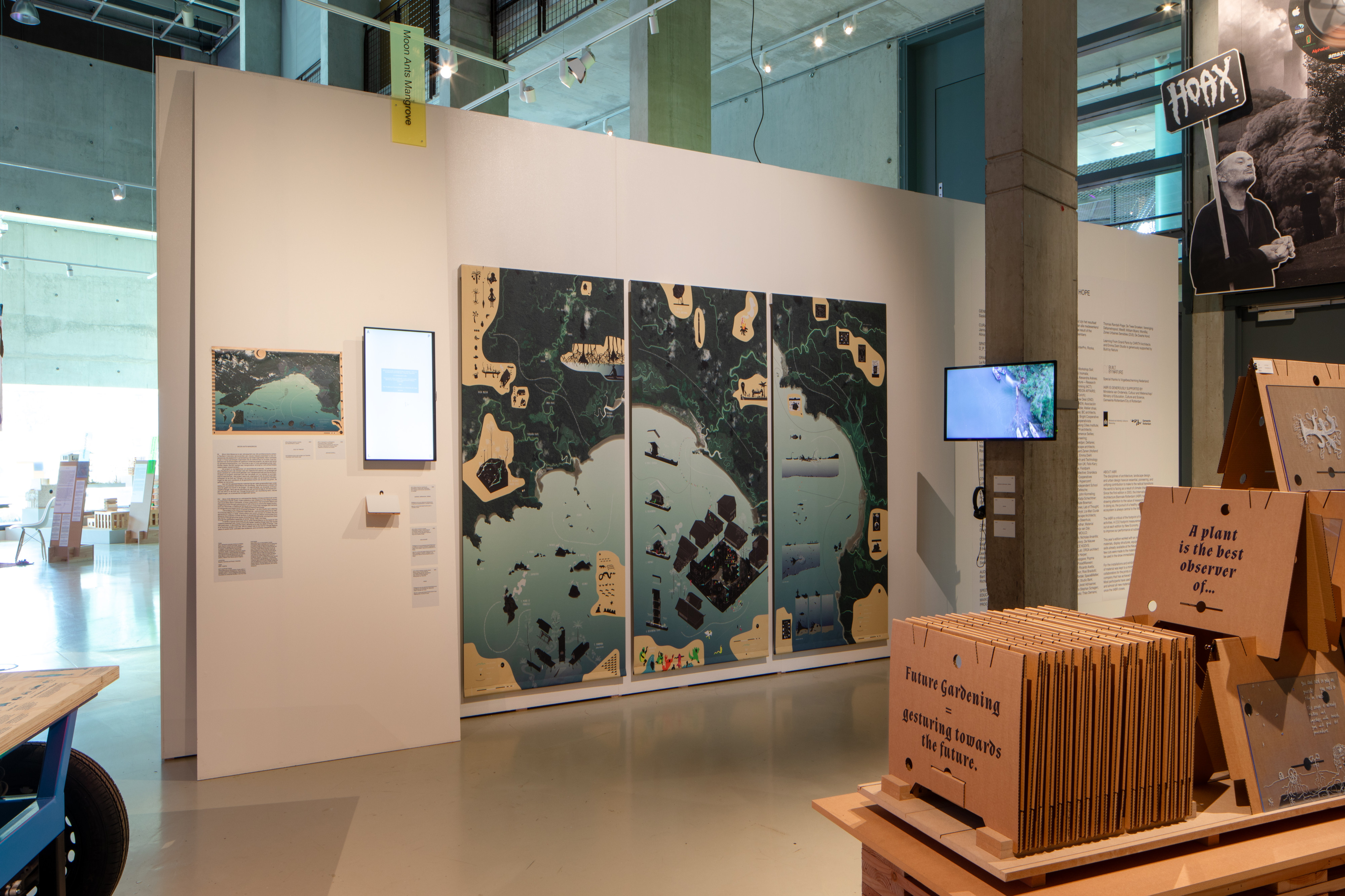




SABINE VAN DER VOOREN,JACQUELINE FUIJKSCHOT︎
Under the title Nature of Hope, the 11th edition of the International Architecture Biennale Rotterdam (IABR) examines nature, culture and hope from the perspective of architectural thought and action, as a driving force for social change. What does it take to face uncertainty about the future in a time of profound and multiple transformations – in other words, what are the building blocks we need to remain hopeful?
IABR 2024 took place from 29th June to 13th October 2024 and will focus on a combination of hope and nature. This choice stems from the recognition that everything begins with the Earth and that our exploitation – or rather, depletion – of the Earth, each other, and the living world is leading to multiple ecological and social crises. As humans, we can no longer place ourselves above or at a distance from nature and nor do we wish to. How can we put the knowledge and practices of spatial design at the service of the planet and all the creatures that live on it?
Joined the curatorial team for the 2024 edition of the International Architecture Biennale Rotterdam (IABR). The Biennale looked to consider the nature of hope from a place of pragmatism, asking what the architecture and built environment sector can learn and how the future of practice that is oriented towards a just and ecological architecture looks like.
For more information on the show, visit the Nature of Hope website.
For more information on the show, visit the Nature of Hope website.